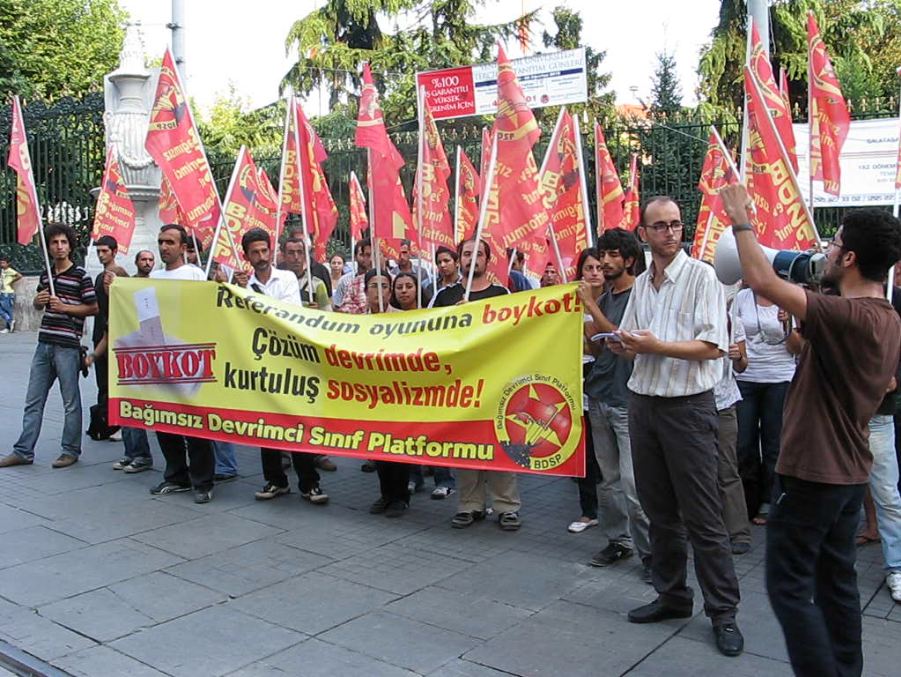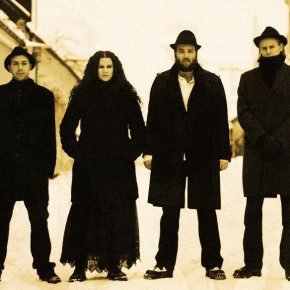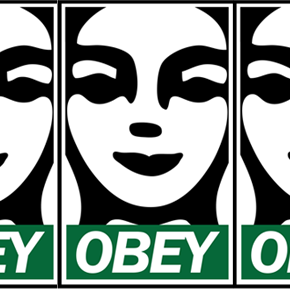Turkey broke the mold. Whether Germans were questioning the right of Turkish migrants to become citizens, Americans were attacking its leadership’s positions on Israel, or Syrians were complaining that Ankara manages to preserve favored status despite its policies towards the Kurds, Turkey is shorthand for , “Yes, but. . .”, a way for practitioners of Realpolitik both to define a “state of exception”, and assert its value.
With all the turmoil that has beset the Near and Middle East in recent months, the role Turkey plays in the international community – as a bridge between Europe and Asia, Christianity and Islam, democracy and authoritarianism – has never been of greater importance. Stirrings of fundamentalist rebellion in the provinces are scrutinized for their potential destabilizing effect. Some believe that bringing Turkey closer to Europe, despite its human-rights record and wide scale poverty, will offset this troubling trend. Others argue that doing this would render Europe more vulnerable to contamination by reactionary politics within its ever-growing Muslim population.
What such scenarios overlook, however, is the very real possibility that Turkey could be an inspiration to the demoralized European Left as well. Throughout the predominantly Muslim territory circumscribed by the Mediterranean and Indian Ocean, the grassroots movement to unseat authoritarian ruling elites has been sustained and to some extent steered by the legacy of the region’s Cold War flirtation with communism, even in places where the state outfitted itself with Soviet weaponry and Marxist piety. To be sure, a sizable percentage of the people involved in recent struggles had no direct connection to organized leftist groups. But that doesn’t mean that they were immune to their message.
Here is where Turkey’s exceptional status looms large. For all its faults as a democracy – ones admittedly shared, at times, by countries like the United States – Turkey has a vibrant public sphere in which a de facto Rainbow Coalition of leftist groups, from rigid Stalinists to slippery postmodern anarchists, animate debates. The Turkish Left may not be in power. And it may not even be coherent enough to take power, for that matter. Yet it has substantial significance as a source of inspiration, not only for Turks, but for would-be revolutionaries throughout the world. In a world divided and doubled back on itself, not all paths lead to Rome.






I say although it’s a nice read at the first paragraph, I’d like to point out few problems with your analysis. Turkey’s left is really divided among themselves and old party member’s pride is pathetic and cringeworthy. Lack of organization among leftists and insufficient support or funds isn’t anything new. The problem is youth. They are heavily burdened by their education system in this one man show, they don’t have even time to think, so they end up accepting their fate. I hope this won’t be the case in future. Unemployment is on the rise and we have hordes of both educated and uneducated wage slaves. In this global economy I think we are fragile in the face of a possible EU meltdown. Maybe that will make people march in the streets. Right now the only thing they have is their TV-fed hope, which is only as real as themselves: The laugh track of a reality show.
I am afraid to express my true belief in this country. Can you see any celebrity coming out as Atheists? They wouldn’t live long. This country is only democratic in the words, nothing else. I think people should stop seeing Turkey as the savior of Middle East. Islam is a deaf monster, nothing else.